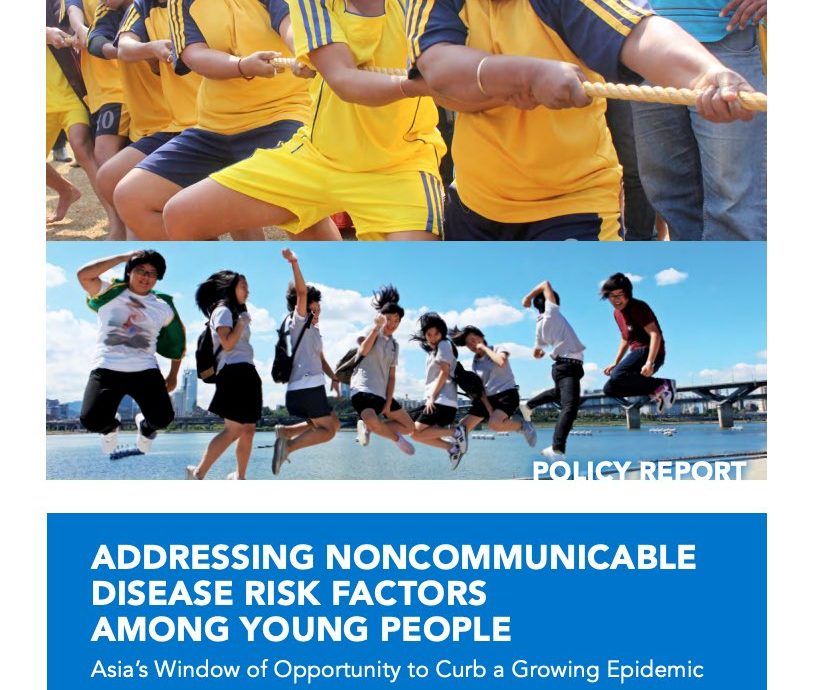547 Search Results Found For : "❤️ Incontri per me: www.Dating4Me.site ❤️ Las Bergamo Pof Dating"
Lesson Plan: Linking Population, Health, and Environment
(2005) The number of people on Earth, where they live, and how they live all affect the condition of the environment.
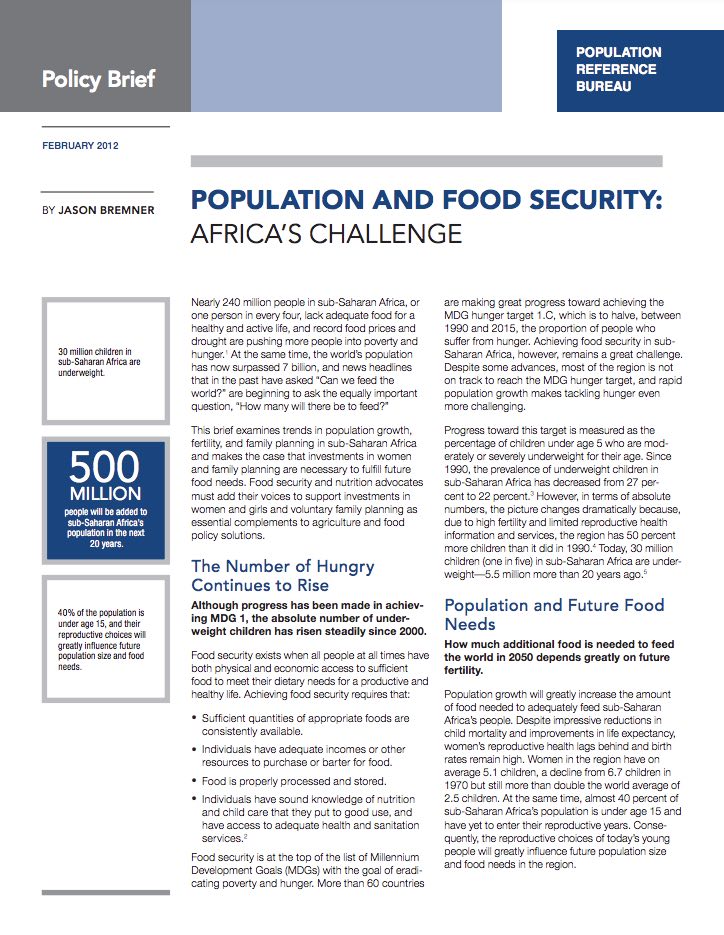
Population and Food Security: Africa’s Challenge (Part 1)
(2012) Nearly 240 million people in sub-Saharan Africa, or one person in every four, lack adequate food for a healthy and active life, and record food prices and drought are pushing more people into poverty and hunger.1 At the same time, the world’s population has now surpassed 7 billion, and news headlines that in the past have asked “Can we feed the world?” are beginning to ask the equally important question, “How many will there be to feed?”
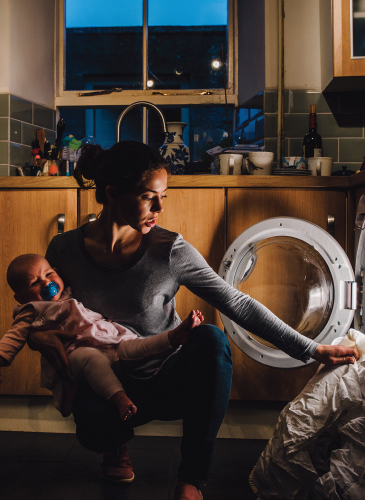
Who Cares for the Caregivers?
Policy changes could reduce the disproportionate burden of care work on American women, researchers said.

Can Drones Help Avert Contraceptive Stockouts? Maybe…
Drones might seem to be a natural solution to maintaining a more even contraceptive supply in hard-to-reach areas, but family planning supplies aren’t yet the ideal cargo.
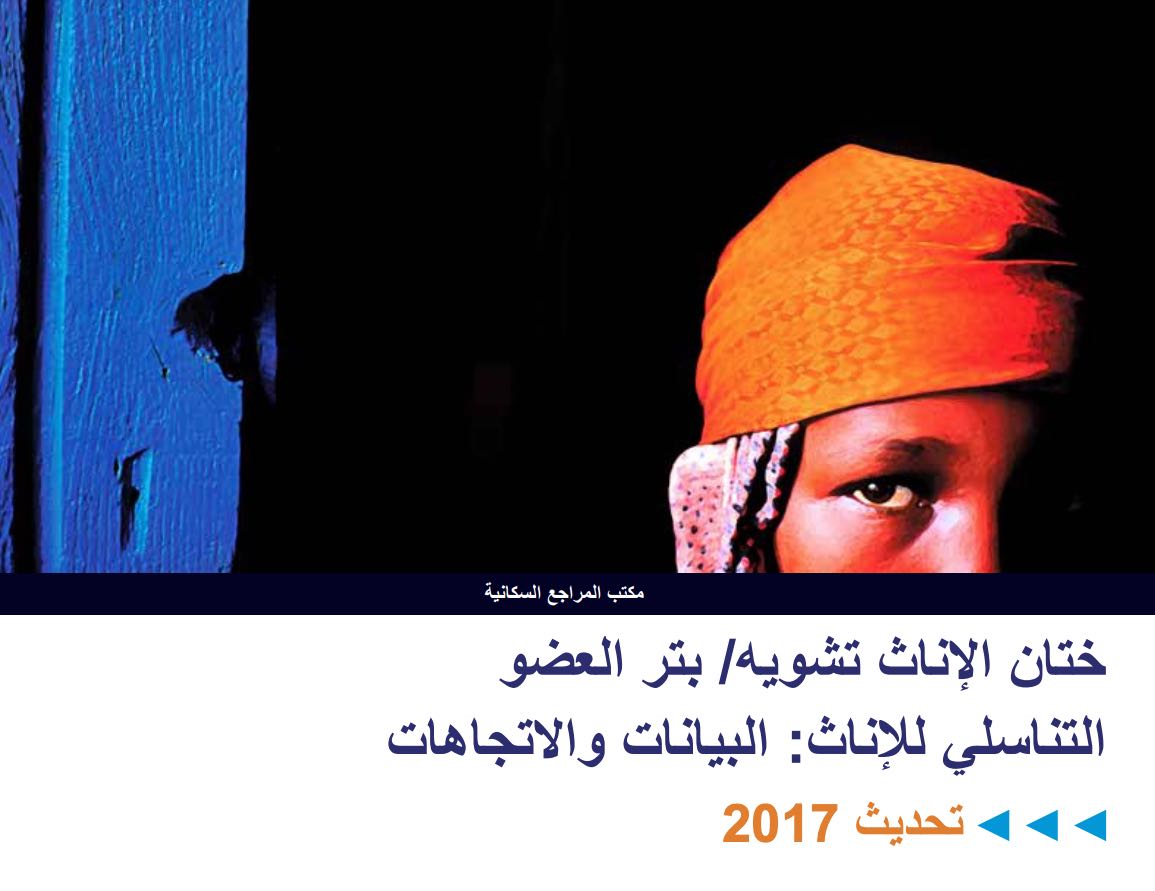
Project: PACE: Policy, Advocacy, and Communication Enhanced for Population and Reproductive Health
Wallchart. Female Genital Mutilation/Cutting Data and Trends, Update 2017 (Arabic)
Female Genital Mutilation/Cutting: Data and Trends Update 2017, produced with support from the U.S. Agency for International Development, provides the latest data on the practice in 29 developing countries with representative and comparable data—although FGM/C occurs worldwide.
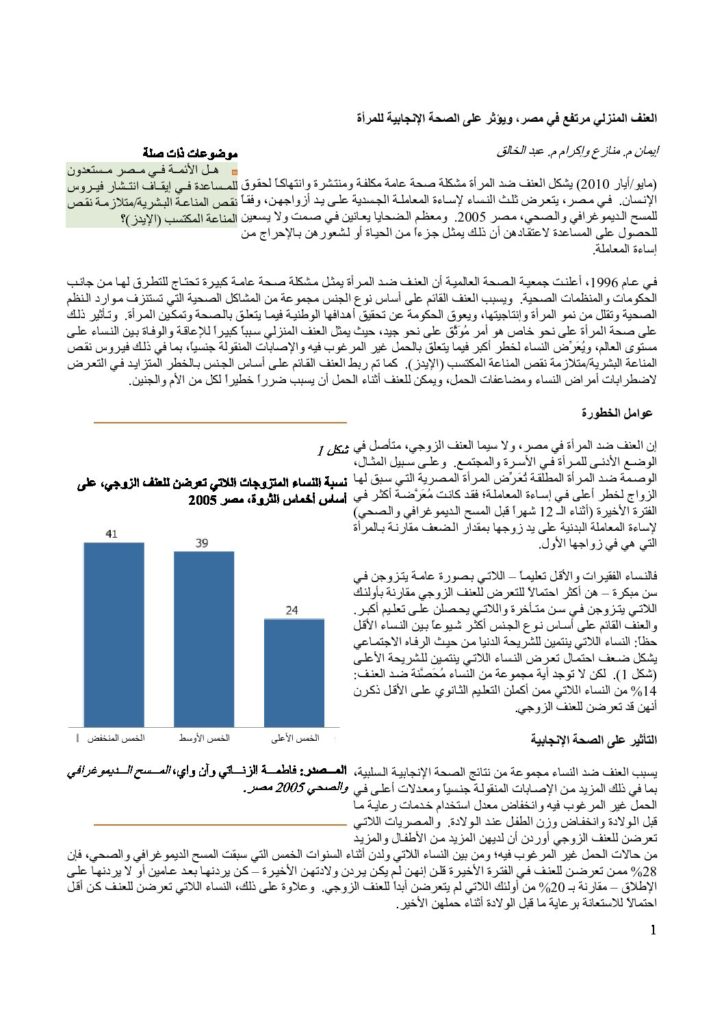
Domestic Violence High in Egypt, Affecting Women’s Reproductive Health
(2010) Violence against women is a costly and pervasive public health problem and a violation of human rights. In Egypt, a third of women are physically abused by their husbands, according to the 2005 Egypt Demographic and Health Survey (DHS).
Public Policy, Financial Decisions, and the Health of Older Adults
(2009) The financial decisions facing older adults as they reach retirement age are increasingly more difficult.

